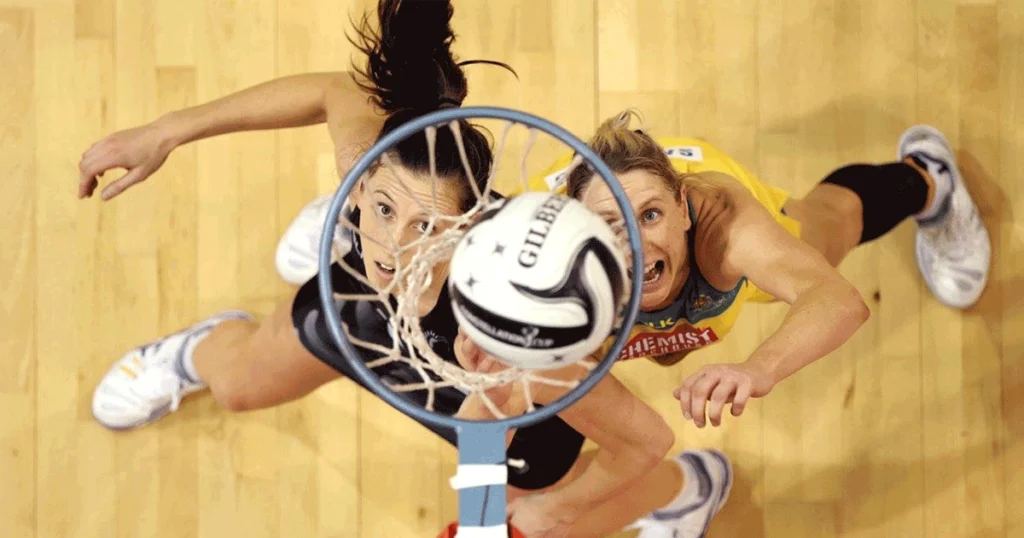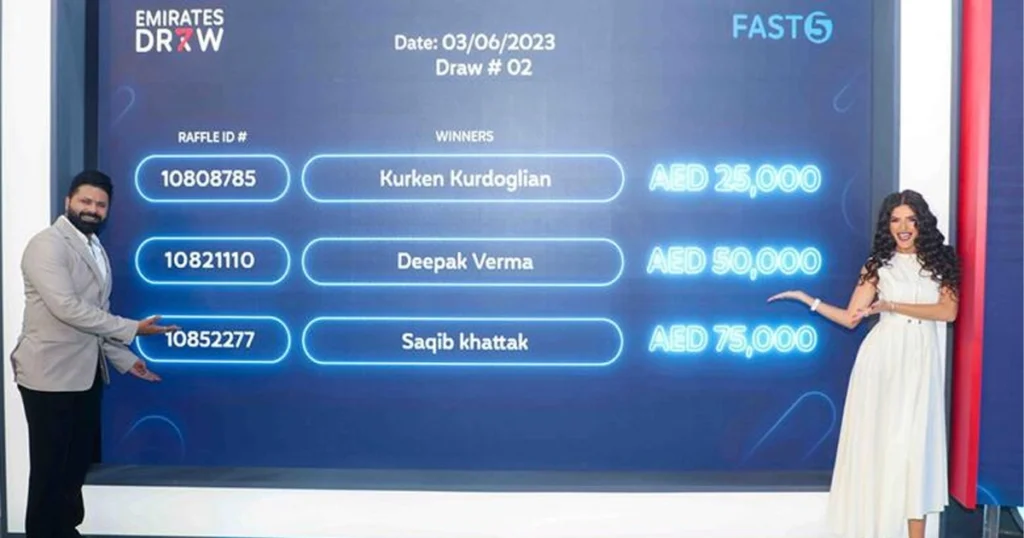The Netball World Cup is a premier global tournament held every four years, celebrating the sport’s top talent and competitive spirit. Traditionally led by teams like Australia and New Zealand, it also provides a platform for emerging nations such as Jamaica and Uganda to showcase their skill.
From its inception in 1963 to the most recent tournament in 2023, the Netball World Cup has undergone remarkable growth. With a structured format including group stages and knockout rounds, it offers fans thrilling matches filled with strategy, speed, and sportsmanship. Beyond the competition, it plays a pivotal role in promoting women’s sports and inspiring the next generation of athletes worldwide.
In this article, we’ll cover everything you need to know about the Netball World Cup, including its history, structure, standout teams, star players, and future prospects. Whether you’re a passionate netball fan or a curious newcomer, this guide offers an in-depth look at the tournament and its impact on the sport. Read on to discover why the Netball World Cup continues to captivate millions across the globe.
History of the Netball World Cup
The origins of the Netball World Cup date back to the early 1960s when the International Federation of Women’s Basketball and Netball (now World Netball) envisioned a global competition for the sport. The first tournament, held in 1963 in Eastbourne, England, featured just 11 teams. Australia emerged as the first champion, setting the stage for decades of dominance.
Over the years, the tournament has expanded significantly in terms of participation, format, and prestige. From its humble beginnings, it now features 16 teams and receives widespread media coverage. Historical highlights include intense rivalries between Australia and New Zealand and the growing competitiveness of nations like Jamaica and England.
- 1963: First edition held in Eastbourne, England, with 11 teams.
- Australia: The most successful team, with 12 titles to date.
- Growing participation from emerging nations like Uganda and Malawi.
The history of the Netball World Cup reflects the growth of netball as a sport and its increasing global appeal.
How the Netball World Cup Works
The structure of the Netball World Cup is designed to test teams across multiple stages. Sixteen teams qualify through regional tournaments and rankings, ensuring representation from all continents. The event begins with group stages, where teams compete in round-robin matches to determine rankings for the knockout stages.
The knockout rounds include quarterfinals, semifinals, and the Suncorp Netball Final, culminating in the crowning of the world champion. Points are awarded for wins and draws in the group stages, with goal difference often playing a decisive role. This format ensures a balance between fairness and excitement.
The tournament begins with group stages, where teams compete in pools to secure a spot in the knockout rounds. The knockout rounds include the quarterfinals, semifinals, and finals, ultimately determining the champion. Teams qualify for the competition through regional events or ranking systems, ensuring global representation.
The structured approach to the tournament ensures every match is competitive, maintaining high stakes and excitement throughout.
Countries That Dominate the Netball World Cup
Australia and New Zealand have historically dominated the Netball World Cup, winning a combined 15 out of 16 tournaments as of 2023. These nations have set a high standard for performance, with strong grassroots programs and exceptional coaching contributing to their success.
Jamaica and England are among the teams challenging this dominance, with consistent improvements over recent years. Jamaica’s “Sunshine Girls” and England’s “Roses” have brought flair and determination to the tournament, inspiring emerging nations to follow suit.
- Australia: Record-holders with the most titles.
- New Zealand: Known for their tactical brilliance and resilience.
- Jamaica and England: Growing forces in the competition.
The dominance of these countries reflects the competitive spirit and high skill level that defines the Netball World Cup.
Recent Netball World Cup Highlights
The most recent Netball World Cup, held in 2023, showcased thrilling matches and unforgettable moments. Hosted in Cape Town, South Africa, the tournament saw Australia reclaim the title with a dominant performance, defeating England in a hard-fought final.
Other highlights included Jamaica’s stellar run to the semifinals and Uganda’s breakthrough into the top tier. Star players like Courtney Bruce and Helen Housby left a lasting impression with their outstanding contributions to their teams.
Australia claimed the 2023 championship, earning their 12th title. The tournament featured notable performances, including England’s impressive ascent and Jamaica’s remarkable resilience. Hosted by South Africa, the event highlighted the sport’s expanding global reach.
The 2023 edition underscored the global appeal and competitive nature of the tournament.
FAQs
- What is the Netball World Cup?
The premier global championship for netball, held every four years. - Who has won the most titles?
Australia, with 12 championships as of 2023. - When was the first Netball World Cup?
In 1963, in Eastbourne, England. - How are teams selected?
Through regional qualifiers and international rankings. - Where will the next tournament be held?
The next location will be announced by World Netball soon.

